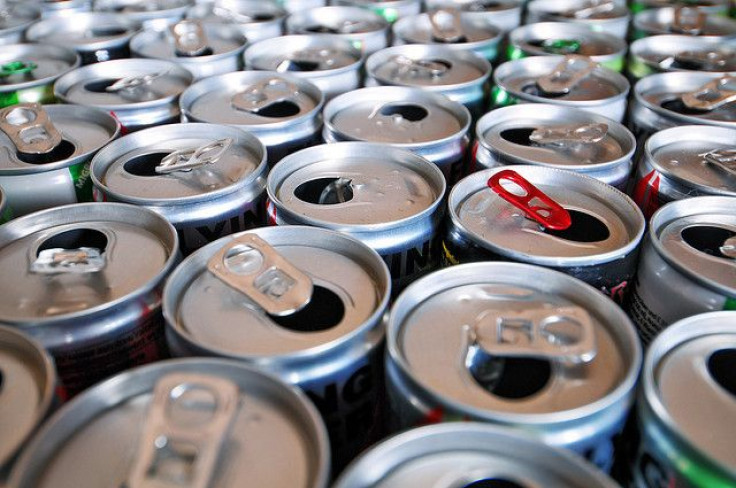Cola Wars Refreshed: New York City Launches Attack Against Sugary Beverages Via TV And Bus Ads

In a world built on subtle manipulation, one of the most blatant fabrications from Madison Avenue may be the idea that sports drinks and juices promote good health and nutrition.
Across town, the New York City health department has launched a $1.4 million campaign to counter the message, warning people about the health risks of consuming sweetened drinks, such as sports and energy drinks, sweet teas, and fruit-flavored beverages.
The health department launched television and bus advertisements on Monday, urging people to reduce consumption of these drinks given the risk of obesity-related illnesses. Some of the advertisements target adolescents and teenagers specifically — a demographic more likely to buy sports and energy drinks, in particular.
"Sports drinks, energy drinks and fruit-flavored drinks sometimes sound like they're good for us, but they are contributing to the obesity epidemic just as much as sugary soft-drinks," Dr. Thomas Farley, the city's health commissioner, told reporters. "A 20-ounce lemonade delivers 67 grams of sugar and 260 calories, more than a typical soft drink. Replacing these sugar-laden drinks with healthier options is one simple but powerful choice New Yorkers can make to reduce their risk of obesity and diabetes."
The city's advertising campaign continues a "pouring on the pounds" from 2009.
Rather than drinking sweetened beverages, the city urges people to quench summer thirst with water, fat-free milk, fresh fruit, and — the perennial New York beverage — seltzer.
However, the American Beverage Association says the campaign oversimplifies obesity as a health condition. Beverage companies and sellers are fighting the city in court over regulatory effort to limit the sizes of soda and other sugary drinks sold in restaurants throughout the city. Earlier this year, a judge struck down the law, but the city appealed.
Manhattan state Supreme Court Justice Milton Tingling in his ruling called the regulations "arbitrary and capricious," applying to only certain beverages and only certain stores. "The loopholes in this rule effectively defeat the stated purpose of this rule," he wrote, complaining of "uneven enforcement even within a particular City block, much less the City as a whole."
"If we are serious about fighting obesity then we have to be honest about it and courageous about tackling it," New York City Mayor Michael Bloomberg said. "We believe it is reasonable and responsible to draw a line."
Bloomberg led the effort to limit sugary drink sizes to 16-oz., drawing scorn from libertarians, conservatives, and fans of large beverages everywhere. Bloomberg's administration since taking office has also pushed for a number of health regulations, including prohibitions on smoking in many venues and some outdoor areas, lowering restaurant menu calorie counts, and a campaign to reduce consumption of salt in food.
Below is one of the campaign's television ads:



























